
Strategies to Cut Expenses Without Compromising Well-Being
In today's challenging economic climate, individuals can enhance their savings without sacrificing well-being. By implementing effective budgeting, strategic shopping, and cost-free entertainment, one can achieve financial stability while enjoying a fulfilling lifestyle. Thoughtful planning and intentional spending lead to a balanced and enriching life.

Simple Household Economy Techniques for Beginners
This article offers beginner-friendly techniques for managing household finances, including budgeting, setting savings goals, and meal planning. It emphasizes making informed decisions and utilizing community resources, ultimately guiding readers toward greater financial stability and confidence through consistency and mindful spending.

How to create a monthly budget even with variable income
Managing finances with a variable income can be challenging, but effective budgeting strategies can provide stability. Key steps include tracking income, prioritizing essential expenses, setting savings goals, and regularly reviewing your budget. By adapting to fluctuations and planning wisely, you can achieve financial confidence and security.
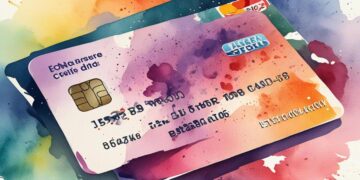
How to negotiate accumulated credit card debt
Many individuals face overwhelming accumulated credit card debt, but negotiating with creditors can provide a fresh financial start. By understanding your debt, exploring options, and employing effective communication strategies, you can secure lower interest rates, manageable payment plans, or even debt settlements, leading to a more stable financial future.
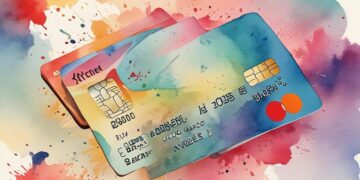
Common mistakes in using a credit card and how to avoid them
Credit cards can enhance financial health but often lead to common pitfalls like overspending, missed payments, and neglected rewards. Understanding these errors and implementing smart management practices, such as budgeting and monitoring statements, can help consumers maximize benefits while avoiding unnecessary debt and protecting their credit score.
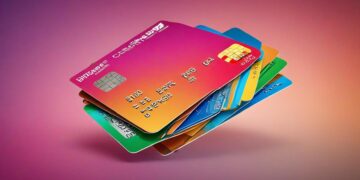
Difference between credit card and debit card: which to use in each situation
Understanding the distinctions between credit and debit cards is essential for effective financial management. Credit cards offer benefits like rewards and improved credit scores, while debit cards promote better budgeting by drawing directly from available funds. Choosing the right card depends on your spending habits and financial goals.
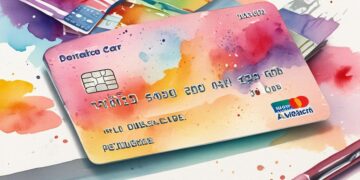
How to Use a Credit Card to Build Financial History
Credit cards can be powerful tools for building your financial history and improving your credit score. Utilizing them responsibly—through timely payments, maintaining low credit utilization, and monitoring your credit report—can pave the way for better financial opportunities and secure your future. Consistency and informed management are key.

Student credit card: is it worth applying for?
Understanding student credit cards involves weighing their benefits, such as building credit and earning rewards, against risks like high-interest rates and potential debt. Responsible usage, budgeting, and financial education are key to leveraging these cards effectively, helping students navigate their finances and prepare for a secure financial future.

How to safely increase your credit card limit
Increasing your credit card limit can enhance financial flexibility and improve your credit score. However, it requires careful assessment of your needs, spending habits, and financial situation. By preparing effectively and following strategic steps, you can responsibly make your request while minimizing potential risks to your credit health.
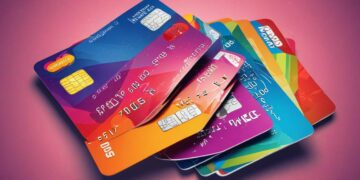
Advantages and disadvantages of no-annual-fee credit cards
No-annual-fee credit cards offer savings and flexibility, making them appealing for infrequent users. However, they may come with higher interest rates, limited rewards, and potential hidden fees. Evaluating personal financial habits is essential to determine if these cards align with your spending needs.